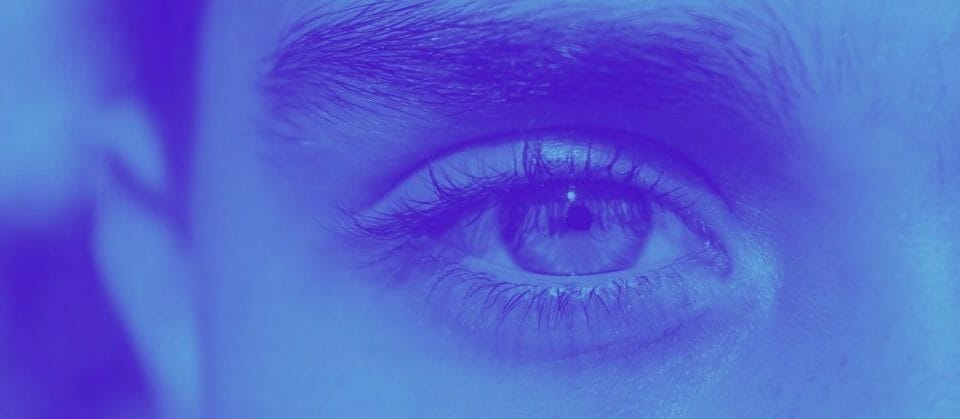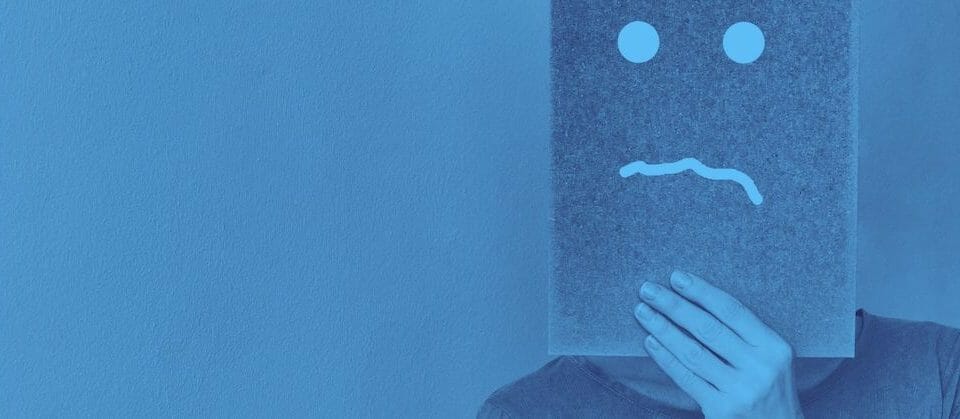
Everything Needs a Home
September 19, 2012Bringing Consciousness to Your Anxiety
October 3, 2012Sleep Hygiene: Avoiding a Sleeping Disorder
When you’re awake at 3 a.m. with slumber nowhere in sight, you might wonder why sleep is out of your control, but developing healthy sleep habits is more in your control than you might think.
Poor sleep habits (or hygiene) are common in our society with the constant distractions, 24-hour entertainment and news cycle, and staying up late while getting up early. We don’t always take time to practice common sense habits that will help us sleep restfully and wake up feeling alert and functioning at our best.
Here are some tips to help make restful sleep a reality:
1. Fix your biological (sleep) clock:
- Maintain a regular bedtime and wake-up time including weekends. It is important to get up about the same time every day, regardless of what time you went to bed. Or at least try to be somewhat regular with a window of time (example: bedtime between 10:00-11:00 pm).
2. Create a routine:
- Establish a regular, relaxing bedtime-transition routine. Relaxing rituals prior to bedtime may include a warm bath or shower, aroma therapy, light reading, or listening to soothing music. Do this 30-60 minutes before your head hits the pillow. Your brain can’t shift gears quickly. Let this “relax” ritual be a signal to your brain that you’re transitioning to bedtime.
3. Let the environment ask you to sleep:
- Your bedroom should be dark, quiet, comfortable, and cool. Use comfortable mattress and pillows. Make sure you’re comfortable!
4. No work; only sleep:
- Use your bedroom only for sleep. Have work materials, computers, and TVs in another room. Important: Don’t watch any TV, use a smart phone or an iPad 60 minutes before bedtime. Checking your email, making a quick business call, or watching the news just before bed stimulates brain activity that prevents your brain from winding down to a state where it can easily relax into a deep sleep. Not only that, but the unnatural light coming from television screens and computer monitors prevents the brain from making the neurotransmitters that encourage healthy sleep.
5. Mind your belly:
- Finish eating at least 2-3 hours prior to your bedtime. (Some food that could help your sleep include: milk, cheese, potatoes, wheat, oatmeal, apricots, and bananas).
6. Avoid stimulants:
- Avoid caffeine within 6-8 hours of bedtime; alcohol and smoking within 2 hours of bedtime.
7. Let your body feel tired:
- Exercise regularly. Finish your exercise at least 2 hours before bedtime so that your body won’t be up and energetic at bed time.
8. Naps:
- Avoid naps during day time. Naps will disturb your sleep clock. You only need 8 to 9 hours of sleep as a normal adult and this should be done at night.
9. Go to bed only when you feel sleepy:
- Lay in bed only for sleeping, not for work or watching TV. If you are not able to sleep after 30-45 minutes, get up and go to another room to read or listen to music until you feel sleepy.
10. Park your anxieties:
- Designate time to write down problems (worry notebook) and possible solutions in the late afternoon or early evening, not close to bedtime. Bedtime should be completely dedicated for sleep – this is not a time to deal with your problems or plan for the next day.
- Turn the clock face away from you or put a cloth over it. Watching the clock can produce more stress about not falling asleep and keep you awake longer.
12. Balance drinking fluids in the evening:
- Drink enough water where you won’t wake up thirsty, but don’t drink too much water close to bedtime where it wakes you up and you have to make a trip to the bathroom.
13. Try natural sleep aids:
- Melatonin is a hormone that regulates the wake/sleep cycle and other daily biorhythms. Take 1 mg 90 minutes before bed. Make sure that your bedroom is completely dark. A much lower dose, 0.25 to 0.3 mg, may be more effective for some people. Consult with your doctor before taking melatonin- ask your doctor if melatonin is safe for you to try, what is a safe dosage , and if it will interact with any other medications.
14. Breathing well:
- Breathing strongly influences mind, body and moods. By simply focusing your attention on your breathing, and without doing anything to change it, you move in the direction of relaxation. There are many worse places to have your attention – on your thoughts, for one, since thoughts are the source of much of our anxiety, guilt and unhappiness. Get in the habit of shifting your awareness to your breath whenever you find yourself dwelling on upsetting thoughts.
15. Try PRM
- Try progressive muscle relaxation for sleep. Visit the following website for more information: http://www.doctoroz.com/videos/dr-breus-guided-muscle-relaxation.
Lack of good sleep hygiene can lead to sleep problems and disorders, so it’s important to build these routines into your life. Mental health problems can be associated with sleeping difficulty. If you are suffering from anxiety, stress, or depression, it might be showing itself in your lack of restful, healthy sleep.
To speak with a counselor in Fargo about improving your sleep hygiene, visit kamajensen.com.



